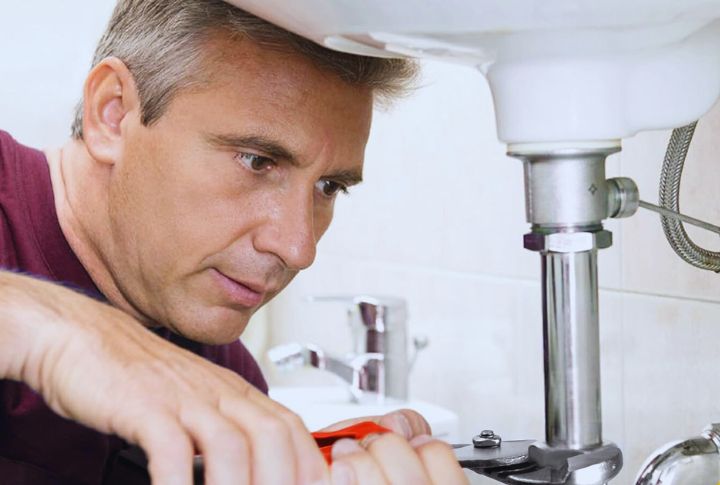
That innocent habit you’ve developed? It’s slowly killing your pipes. Plumbers respond to the same preventable disasters constantly because homeowners keep making choices that seem totally logical in the moment. The frustrating part is how easily avoidable these problems actually are once you know what not to do. Here are the things plumbers desperately wish you’d stop doing.
Flushing Non-Flushable Items
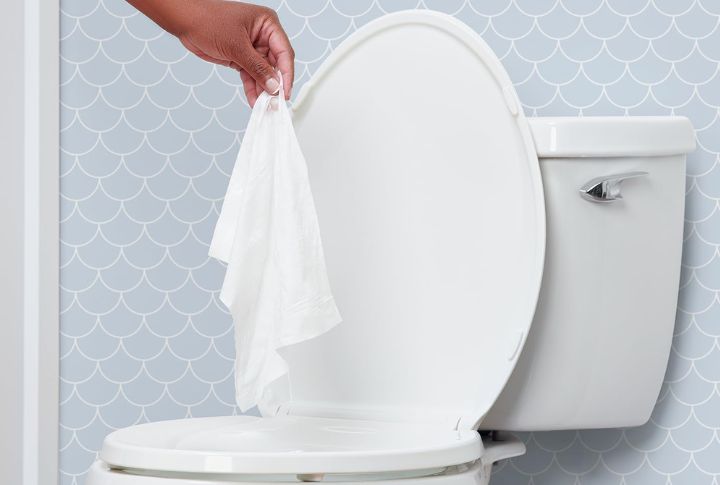
Those wipes and feminine products don’t dissolve like toilet paper—they stick around, which clogs your pipes and eventually the city sewers. What starts as one innocent flush becomes an expensive plumbing nightmare that’ll have you wishing you’d just used the trash can instead.
Using Chemical Drain Cleaners
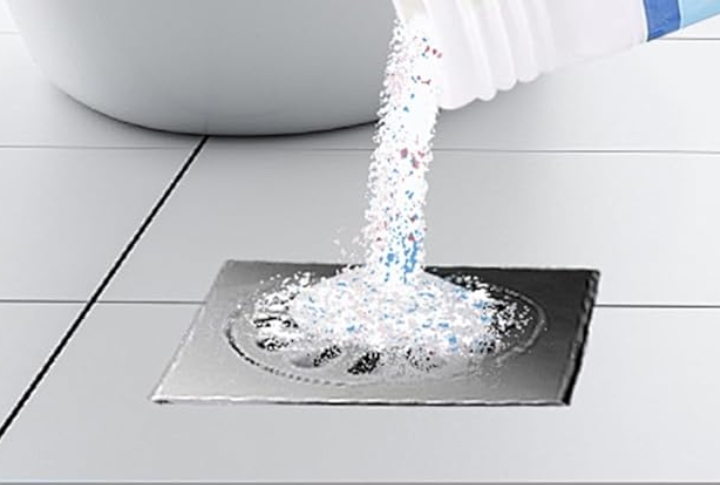
Before you grab that chemical drain cleaner, pause. These products rarely work as advertised, but they’re incredibly effective at one thing: wrecking your plumbing. They’ll corrode metal pipes and warp plastic through aggressive chemical reactions. Calling a plumber first is way cheaper than replacing damaged pipes.
Ignoring Small Leaks
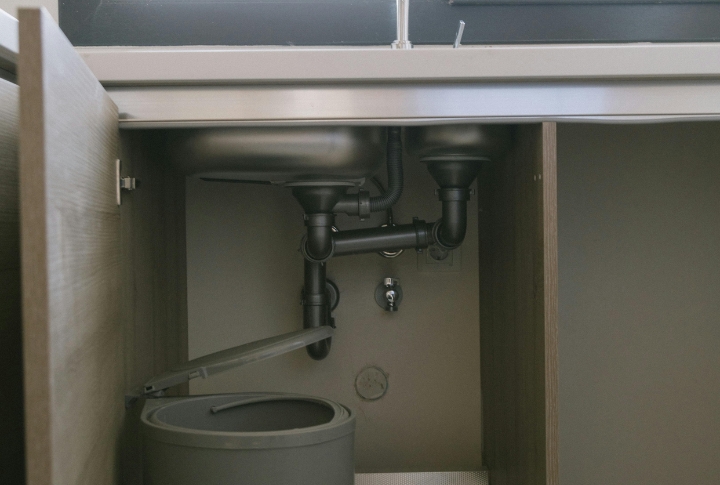
Just one small leak? It will still work against you. While you ignore it, that innocent drip wastes gallons daily and quietly invites disaster—water damage creeps through walls and structural issues develop. A simple washer replacement turns into a massive renovation project costing thousands instead of dollars.
Overtightening Faucet Handles
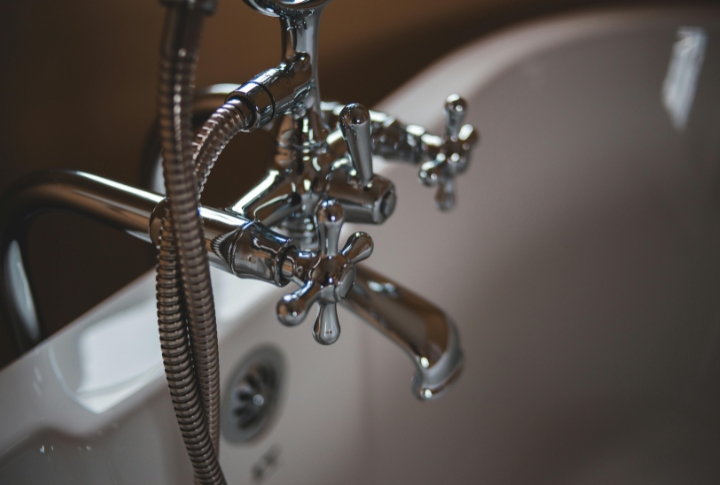
Don’t crank those faucet handles like you’re opening a pickle jar. Faucets need a gentle touch—their threads and seals are precisely designed for light pressure. Overtightening strips threads and ruins seals, turning a working connection into an expensive, leaky mistake that requires professional repair.
Pouring Grease Down The Kitchen Sink
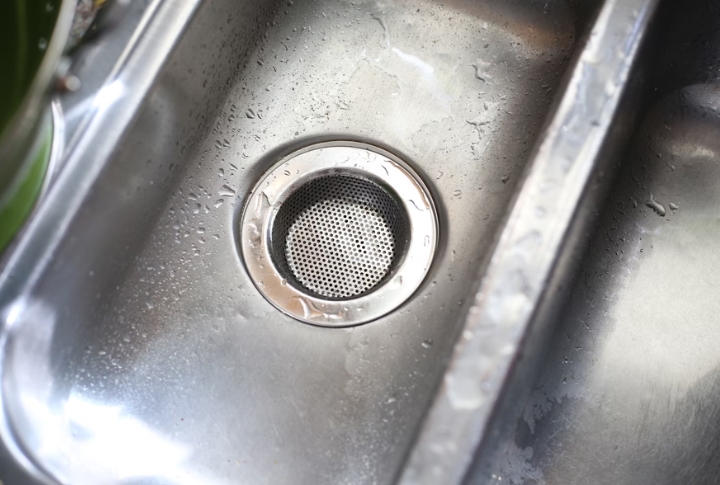
You pour leftover bacon fat down the sink and think nothing will happen. However, inside your pipes, it hardens, catching leftover scraps such as a sticky trap. Eventually, city sewers face giant “fatbergs.” One careless pour can snowball toward a plumbing nightmare. Trash the grease, and avoid the mess entirely.
Hanging Items From Showerheads Or Fixtures
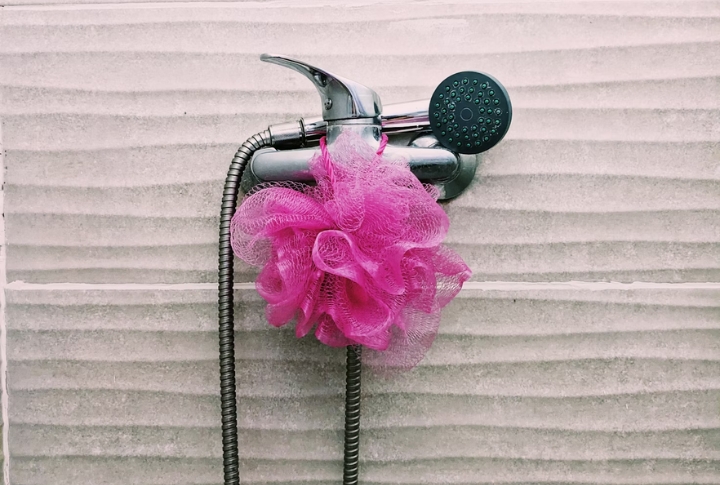
What starts as a convenient storage solution can spiral into costly plumbing repairs when heavy items are suspended from showerheads and fixtures. The added weight gradually strains the connections, loosening joints and causing leaks. Over time, this can cause pipes and fixtures to break completely. That’s why professionals always warn against this damaging practice.
Turning Off Water Valves Blindly
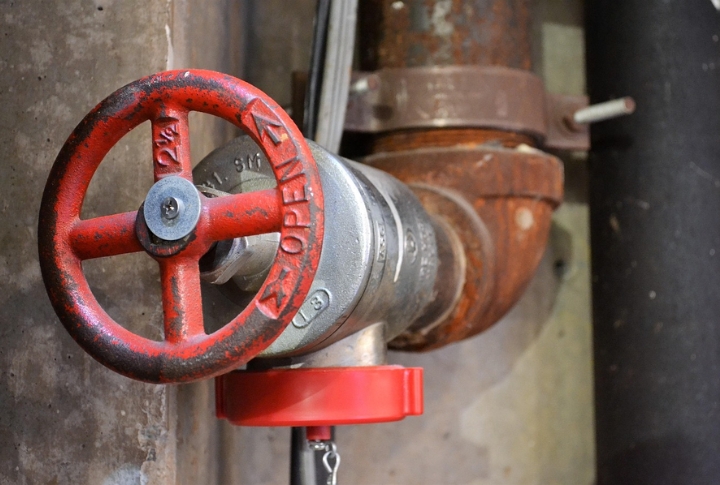
Shutting off your main water valve seems logical during emergencies, right? But it doesn’t work. Homes have multiple zone-specific shut-offs you probably don’t know about. Turn the wrong valve and you’ll redirect water flow, cut supply to unexpected areas, or trigger flooding. Plumbers see this disaster constantly.
Using Drop-In Toilet Tank Cleaners
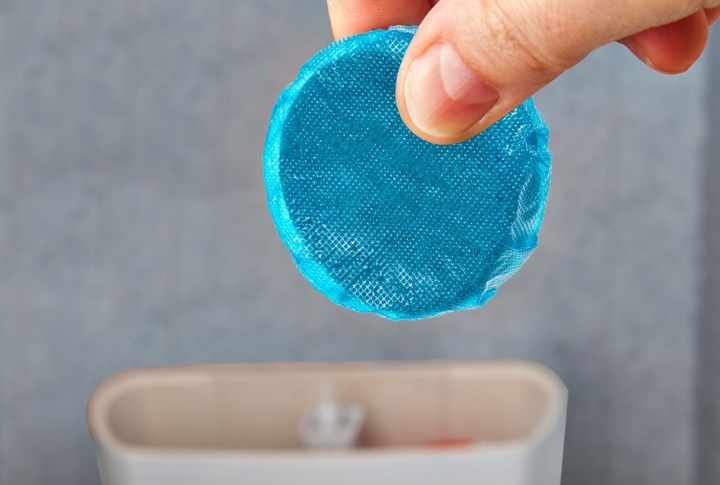
As those drop-in cleaners dissolve in your tank, their harsh chemicals begin their destructive journey through your toilet’s vital components. The corrosive agents steadily eat away at internal parts, especially the flapper, while leaving behind damaging chemical buildup. This progressive deterioration ultimately triggers leaks and expensive repair needs.
DIY Plumbing Without Proper Knowledge
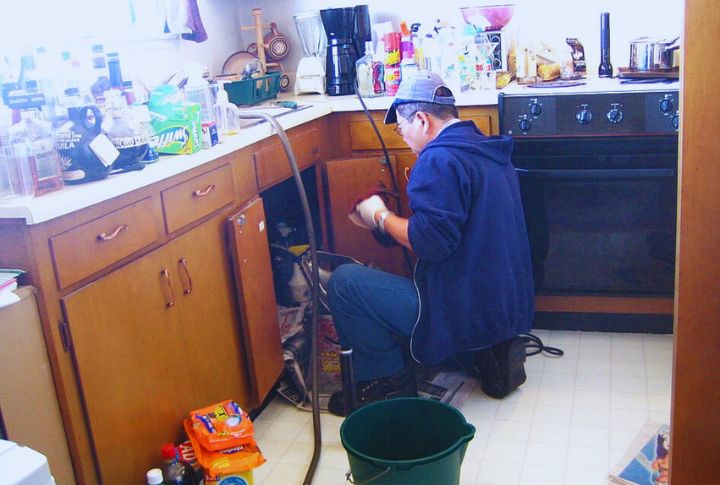
You grab your tools, feeling confident, but do you know about pipe types, pressure requirements, and local codes? Probably not. Your “simple fix” triggers contaminated water or structural damage. Suddenly, that routine repair becomes a costly disaster requiring professional reconstruction. Skip the YouTube tutorial—call an expert.
Neglecting Drain Screens
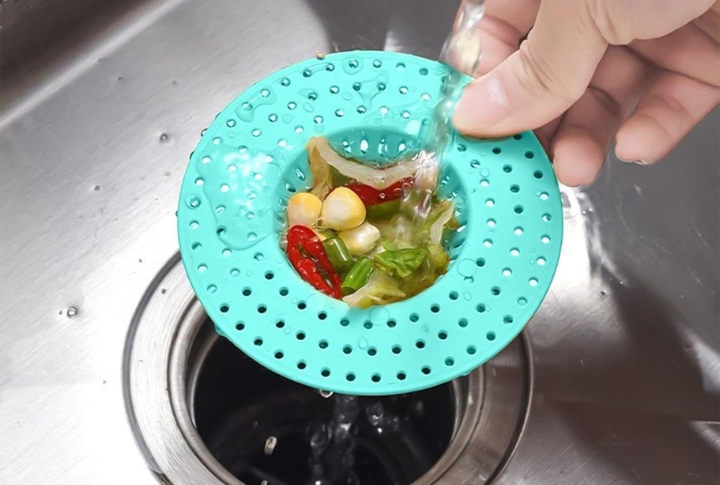
Plumbers consistently recommend drain screens as a simple preventive step. These handy guards stop hair and bits of gunk from entering your pipes, preventing blockages that often require costly professional fixes. They’re inexpensive, easy to install, and save you from future plumbing headaches.

